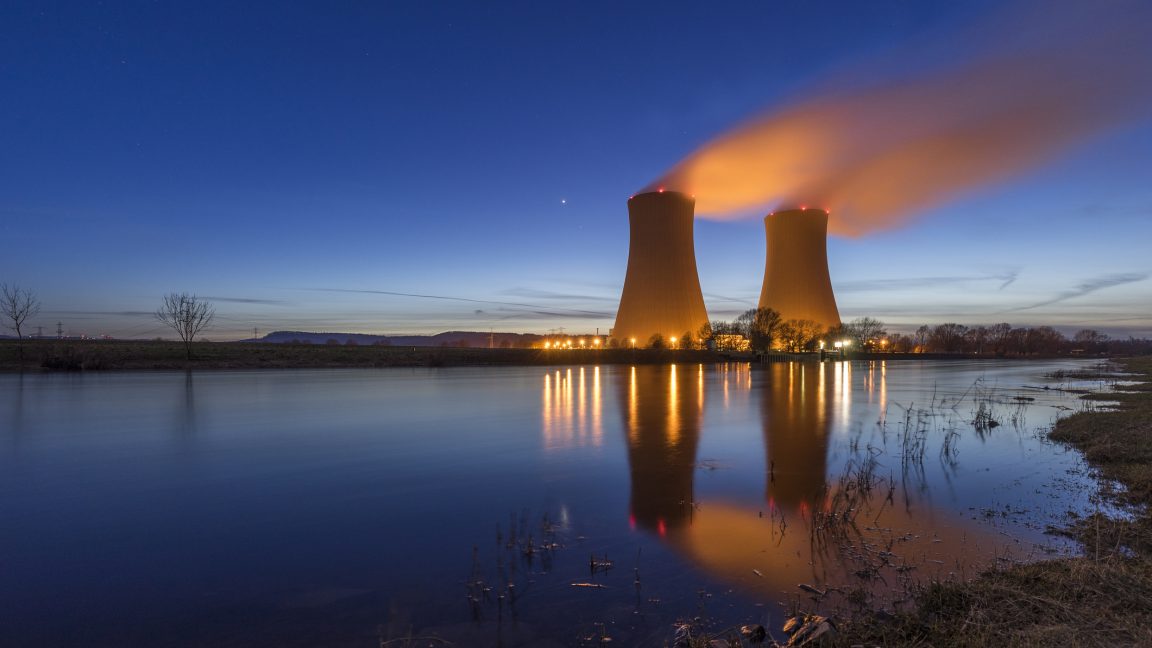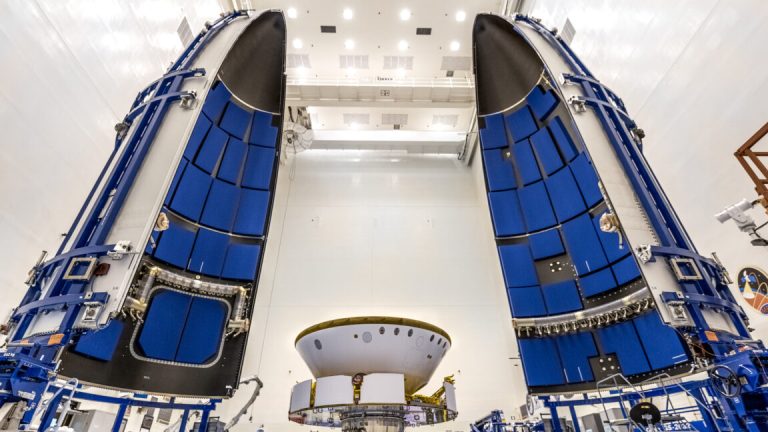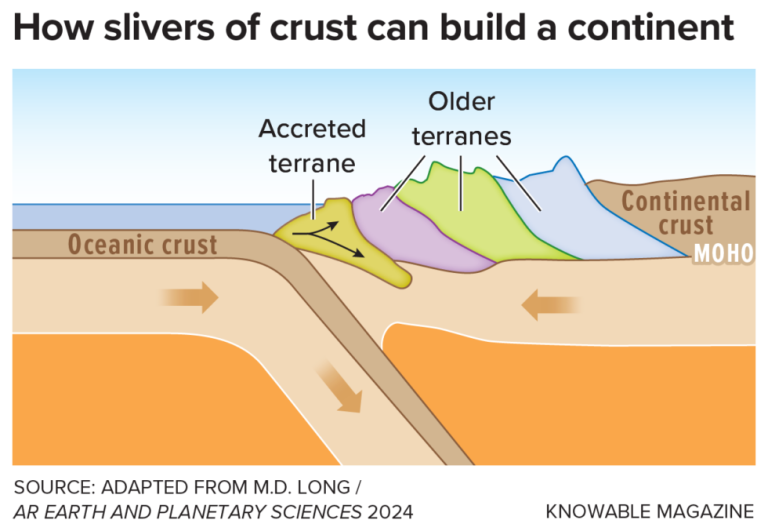
Critics also caution about the risks of the build-up of toxic radioactive waste, which has to be stored safely or it could severely harm both humans and the environment.
In September, Microsoft announced it would revive the mothballed nuclear plant at Three Mile Island, Pennsylvania.
Amazon paid $650 million in March to put a data center next to the Susquehanna Steam Electric nuclear plant, also in Pennsylvania.
Google, meanwhile, said last month that it had ordered six to seven small modular nuclear reactors from US start-up Kairos Power, becoming the first tech company to commission new nuclear power plants.
Zuckerberg is under pressure to prove to investors that his all-in bet on AI will bear fruit, as the company’s capital expenditures continue to rise given its investments in running servers and data centers to develop the cutting-edge technology.
Zuckerberg told staffers at the all-hands that, had the deal gone ahead, Meta would have been the first Big Tech group to wield nuclear-powered AI, and would have had the largest nuclear plant available to power data centers, two people said.
One person familiar with the matter said that Zuckerberg has been frustrated with the lack of nuclear options in the US, while China has been embracing nuclear power. China appears to be building nuclear reactors at a fast clip, whereas only a handful of reactors have been brought online over the past two decades in the US.
Meta said it had already hit “net zero” emissions in its operations since 2020.
Additional reporting by Malcolm Moore in London.
© 2024 The Financial Times Ltd. All rights reserved. Not to be redistributed, copied, or modified in any way.



